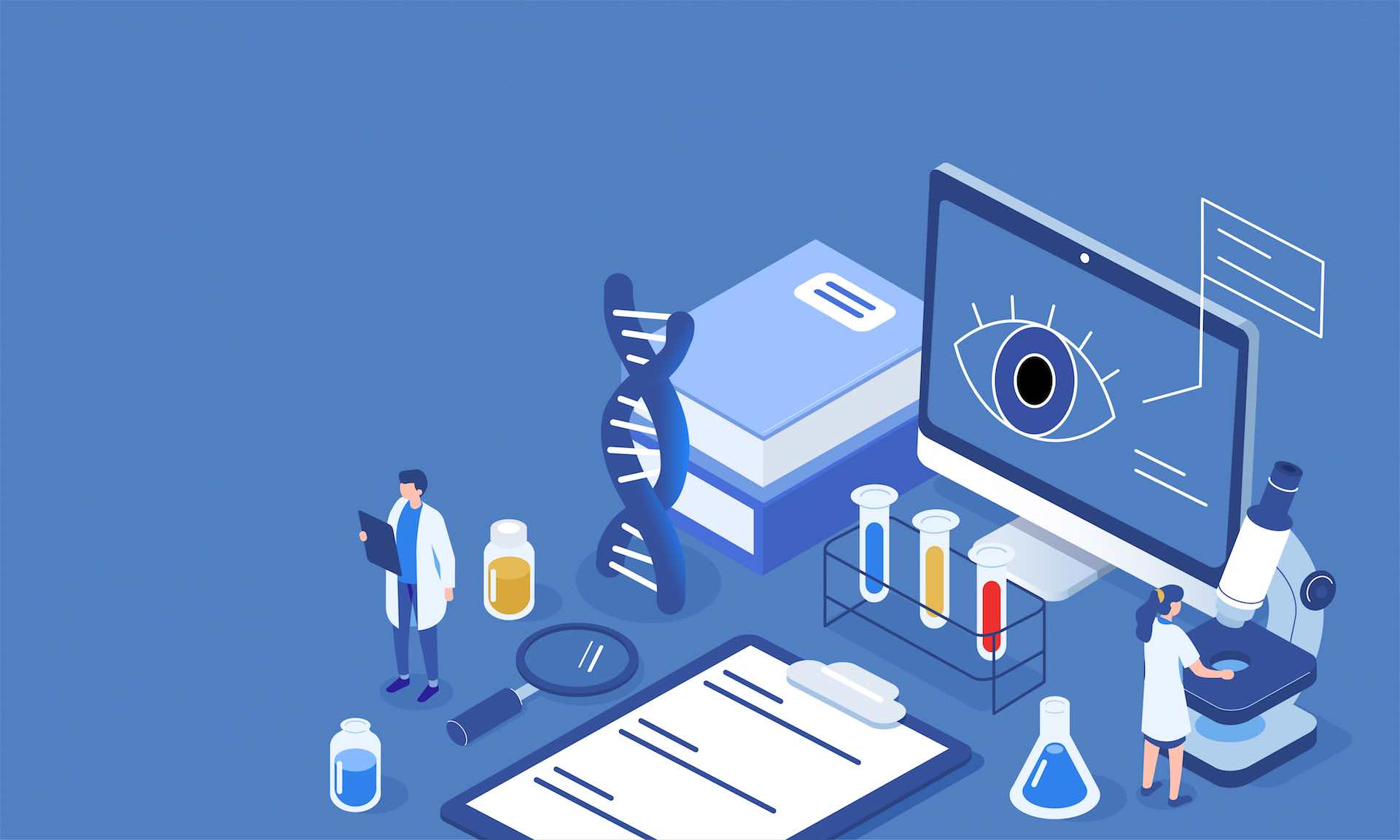
August 29, 2019
Wilmer Eye Institute faculty members are launching projects involving a new resource called the Wilmer Artificial Intelligence Research Network (WAIRN).
Wilmer ophthalmologists T.Y. Alvin Liu and Samuel Yiu, both currently involved in deep learning projects, serve as WAIRN’s administrative core. The network is an open, inclusive platform that fosters collaborations among investigators and encourages the cross-pollination of ideas.
Liu and Yiu envision WAIRN as a conduit to help faculty members connect with the best technical partners, share resources and avoid research duplication.
For example, Liu says the Johns Hopkins Malone Center for Engineering in Healthcare is an ideal place to search for technical expertise in artificial intelligence. Because the center is very large and hosts many forms of artificial intelligence, WAIRN can be used to recommend the best fit for a particular Wilmer project. Plus, Liu says, faculty members may not be familiar with medical data, and WAIRN can help with that, too.
“Wilmer is really serious about artificial intelligence, which has the potential to change medicine as we know it,” says Liu. “We’re trying to build a collaborative system so that Wilmer can be at the forefront of this fast-moving field.”
A dozen projects at the Wilmer Eye Institute are already harnessing advances in artificial intelligence to improve ophthalmology clinical care. They include:
- For glaucoma, Jithin Yohannan is using deep learning, as well as other machine learning approaches, to predict the likelihood of disease progression and improve patient outcomes.
- Albert Jun, chief of the Division of Cornea, Cataract and External Diseases and the Walter J. Stark Chair in Ophthalmology, is devising an algorithm to more accurately select intraocular lenses for patients undergoing cataract surgery.
- In education, Shameema Sikder, director of the Center of Excellence for Ophthalmic Surgical Education and Training, is creating new, more effective methods to improve trainees’ skills in cataract surgery.
“What’s becoming clear is that harnessing this new technology holds the promise of transforming much of ophthalmology, and this is now a Wilmerwide effort,” says Peter McDonnell, director of the Wilmer Eye Institute. “Computer science can perform some tasks extremely well, freeing up ophthalmologists to focus their time and energy on only those tasks that require all their years of training and that call for ‘the human touch.’”
Read the full story, “The Power of Artificial Intelligence.”
